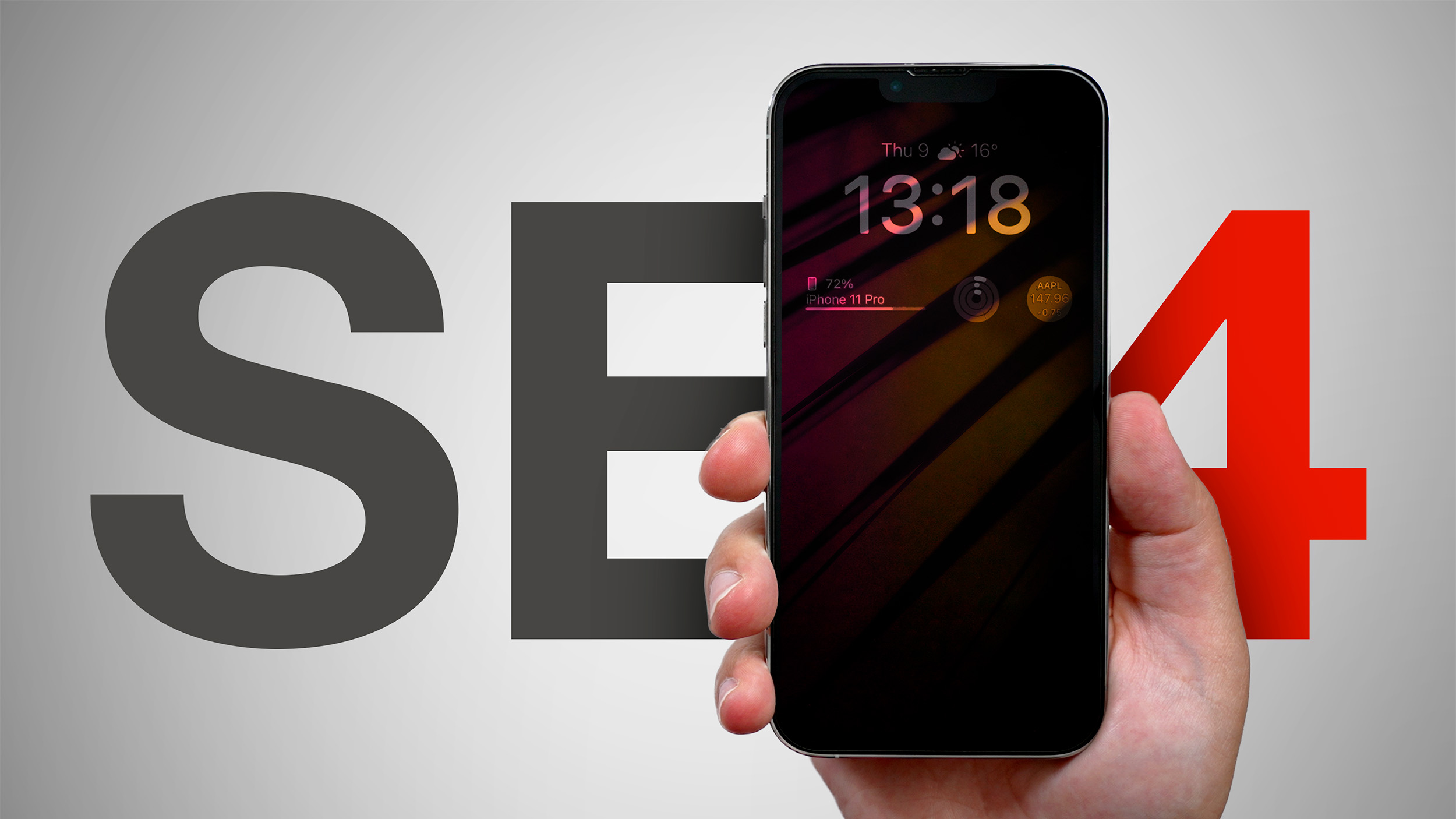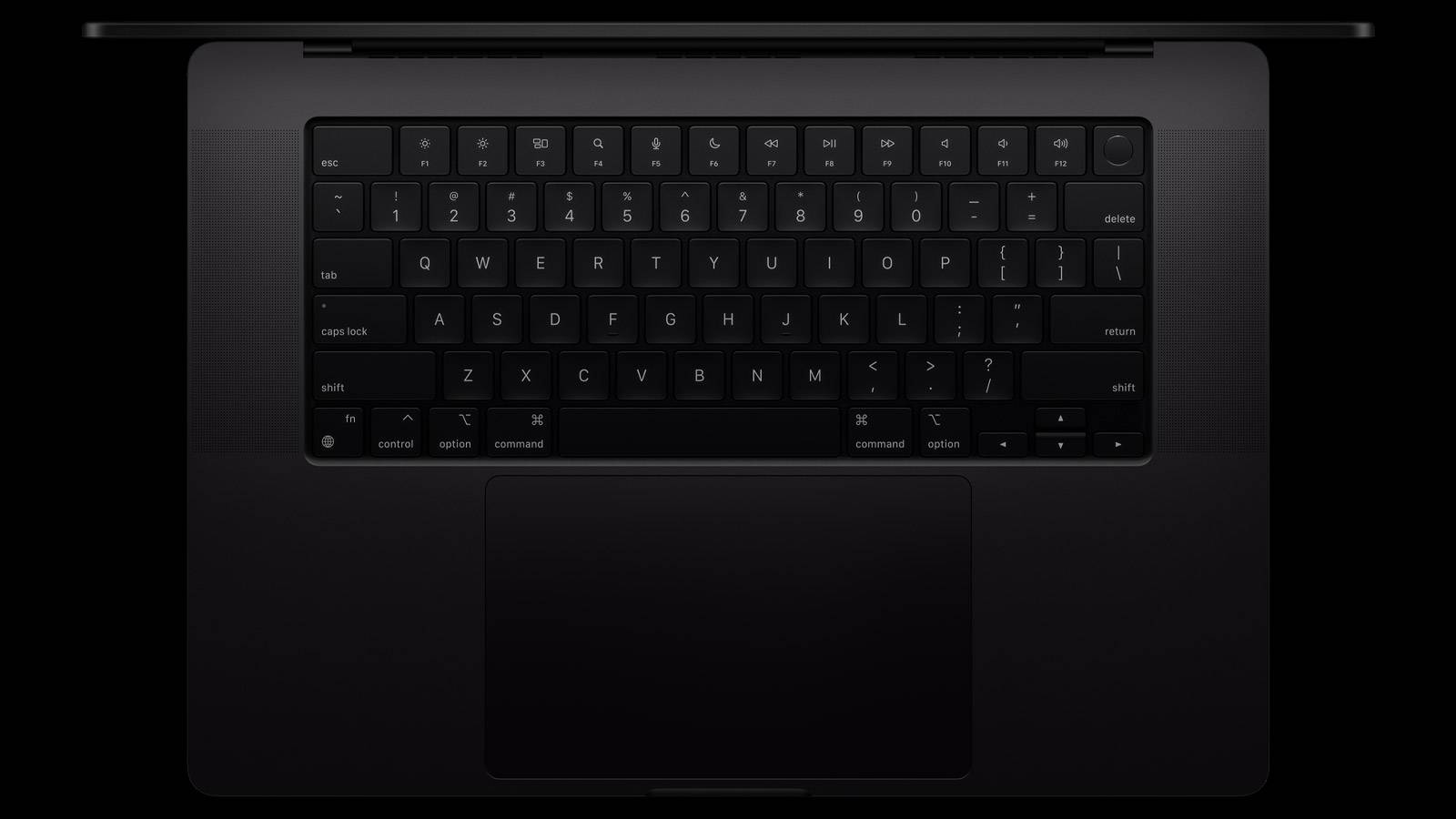
According to recent reports, the iPhone SE 4 will sport a design reminiscent of the iPhone 14, featuring a larger 6.1-inch OLED display. This marks a substantial increase from the current model's 4.7-inch LCD screen and brings the SE line in line with Apple's flagship devices in terms of display technology.
The move to OLED is part of Apple's broader strategy to phase out LCD displays across its iPhone lineup. This shift will impact longstanding suppliers like Japan Display and Sharp, who have primarily provided LCD panels for previous SE models.
In terms of performance, the iPhone SE 4 is rumored to be powered by the A18 chip, which debuted in the iPhone 16 series last month. The device is also expected to make the switch from Touch ID to Face ID, marking the end of the road for the iPhone's physical Home button.
Other notable upgrades include:
- USB-C port, replacing the Lightning connector.
- Action button, a feature introduced with the iPhone 15 Pro.
- Apple-designed 5G modem.
- 48MP rear camera, up from the current 12MP sensor.
- 8GB of RAM, double the current model's 4GB.
Despite these substantial upgrades, Apple is expected to maintain the iPhone SE's position as a budget-friendly option. Bloomberg's Mark Gurman suggests the device will likely be priced between $400 and $500, in line with previous models.
As for timing, multiple sources, including Gurman and analyst Ming-Chi Kuo, point to a spring 2025 release. Given that all previous iPhone SE models were announced in March, a March 2025 launch seems highly probable. Apple suppliers are reportedly gearing up to begin mass production in October of this year, setting the stage for an early 2025 release.
Related Roundup: iPhone SE
Buyer's Guide: iPhone SE (Don't Buy)
Related Forum: iPhone
This article, "Apple's Next New iPhone to Debut in the Spring: What to Expect" first appeared on MacRumors.com
Discuss this article in our forums








 English (US) ·
English (US) ·